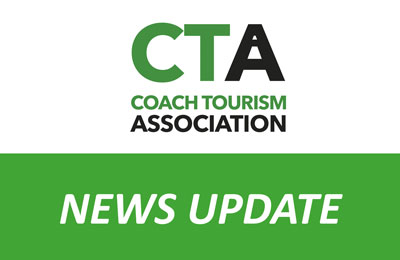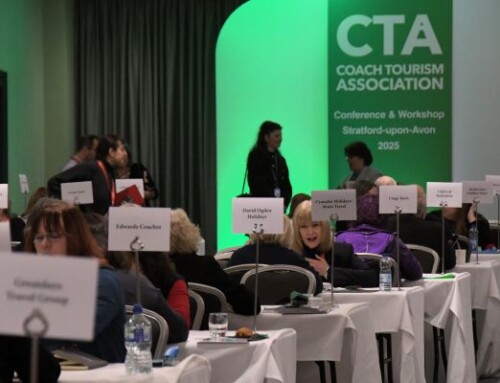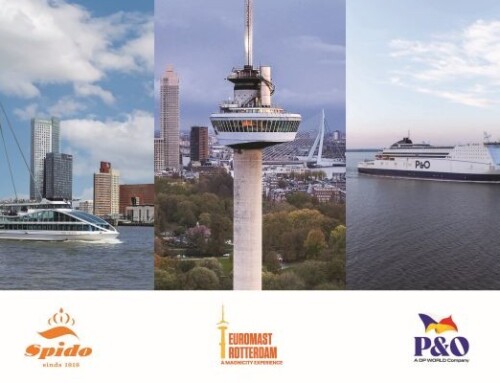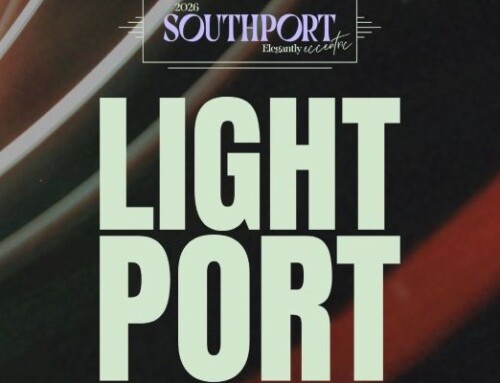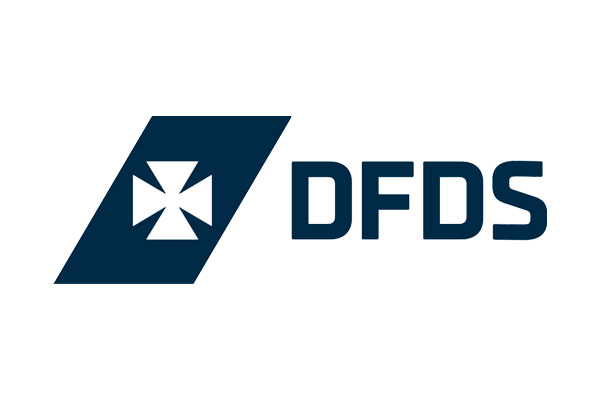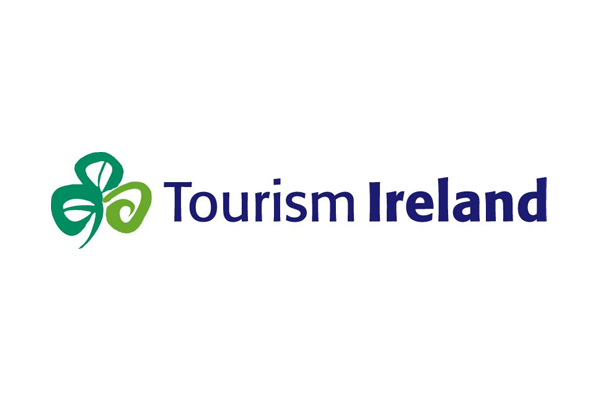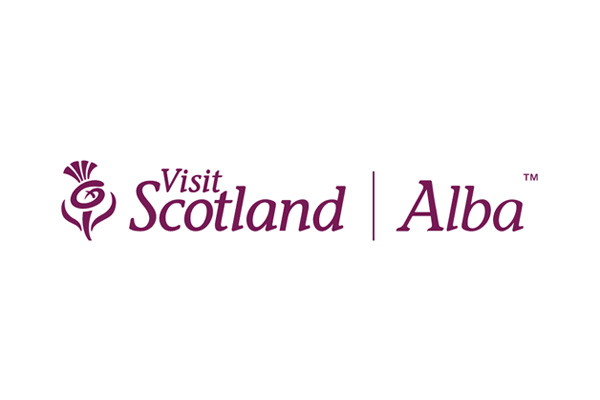See latest update here from Port of Dover in respect of Whitsun bank holiday arrangements
CTA press release on 6 April in response to the delays at Dover in the Easter holidays:
New measures aiming to reduce delays for coaches passing through Dover to Europe risk moving responsibility to coach operators, says the Coach Tourism Association (CTA). Port of Dover has announced that stakeholders including ferry operators, French border control authorities, and the port itself, have agreed to steps that will be implemented from today.
The following measures have been announced by Port of Dover:
- To reduce coach volumes on the projected peak travel day of Good Friday, ferry operators DFDS, Irish Ferries and P&O are working with their coach customers to spread the travel across a three-day period, from Thursday 6 April to Saturday 8 April.
- The Port is installing additional temporary border control infrastructure as contingency capacity for coach processing. The infrastructure is being trialled this week in readiness for the coming weekend.
- French border control authorities (Police Aux Frontières) are providing a full complement of officials to process outbound travellers despite lower coach volumes.
- Coach and car drivers are being advised not to arrive early for sailings, so as to avoid unnecessary bottlenecks in the Dover area.
“CTA welcomes efforts to improve the situation for operators, but it is not a practical solution for operators to change tour departure dates at late notice. In many cases hotels have been paid for and won’t or can’t provide alternatives. Operators now have the job of speaking with clients, many of whom simply can’t change their arrangements,” says Robert Shaw, CTA Chair. “The problem is being effectively shifted to coach tour operators.”
The Coach Tourism Association (CTA) is calling on all stakeholders including the government and border control authorities to prevent the recurrence of long delays at the Port of Dover that impacted coach operators last weekend.
Many CTA member operators were impacted by the delays in passport control that began on Friday 31 March, with one operator having over 20 vehicles involved. Members reported delays of up to 20 hours with extremely limited facilities for passengers. Some operators turned around on reaching Dover, while others were forced to find early accommodation to ensure drivers’ hours compliance, further delaying their journey.
“The CTA strongly supports the call for additional border staff and an increase in coach priority lanes at Dover in order to speed-up the crossing,” says Robert Shaw, CTA Chair. “The authorities were aware of high volume coach bookings ahead of time, and the delays are unacceptable. The politics of the situation is not important; what is important is quickly reaching a solution to ensure that our members, and their passengers, do not experience these long delays again.”
The widely publicised problems at Dover also present a threat to coach operators through cancellations of already booked seats on upcoming holidays, and a negative effect on bookings for future travel.
“It’s crucial to reiterate that coaches not only reduce congestion, with one coach carrying as many passengers as up to 20 cars, but that coaches are by far the greenest way to travel, with greenhouse gas emissions per passenger up to six times higher by car and up to five times higher by aeroplane,” says Robert. “For a sustainable outcome, it’s more important than ever for governments to support the most environmentally friendly ways of travel, and this means supporting coach operators.”
The CTA and many CTA-member operators believe that the peak volume of coaches heading through Dover to Europe has now passed.
“Last weekend was the busiest annual period for coaches passing through Dover as a result of end-of-season ski trip travel for coach groups that coincides each year with the start of the Easter holiday for schools, colleges, and universities,” says Robert. “This offers reassurance to coach holiday passengers that for them, the normal service at Dover hasn’t greatly changed. We expect much faster border controls throughout 2023.”
CTA continues to talk to its members for feedback and will communicate further developments through its website.
